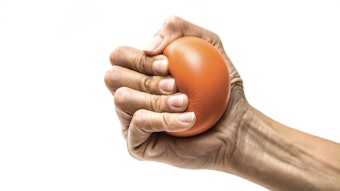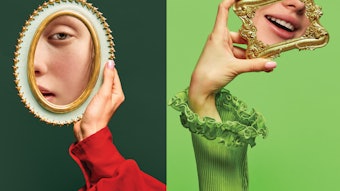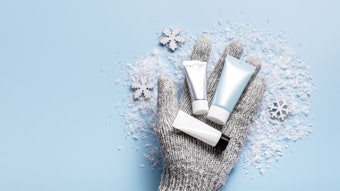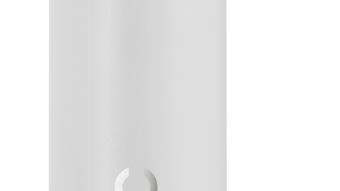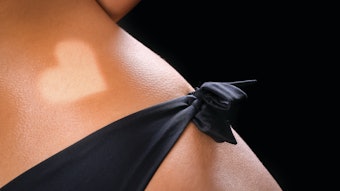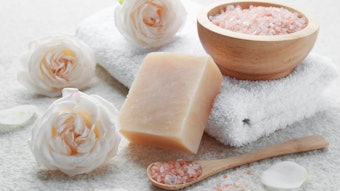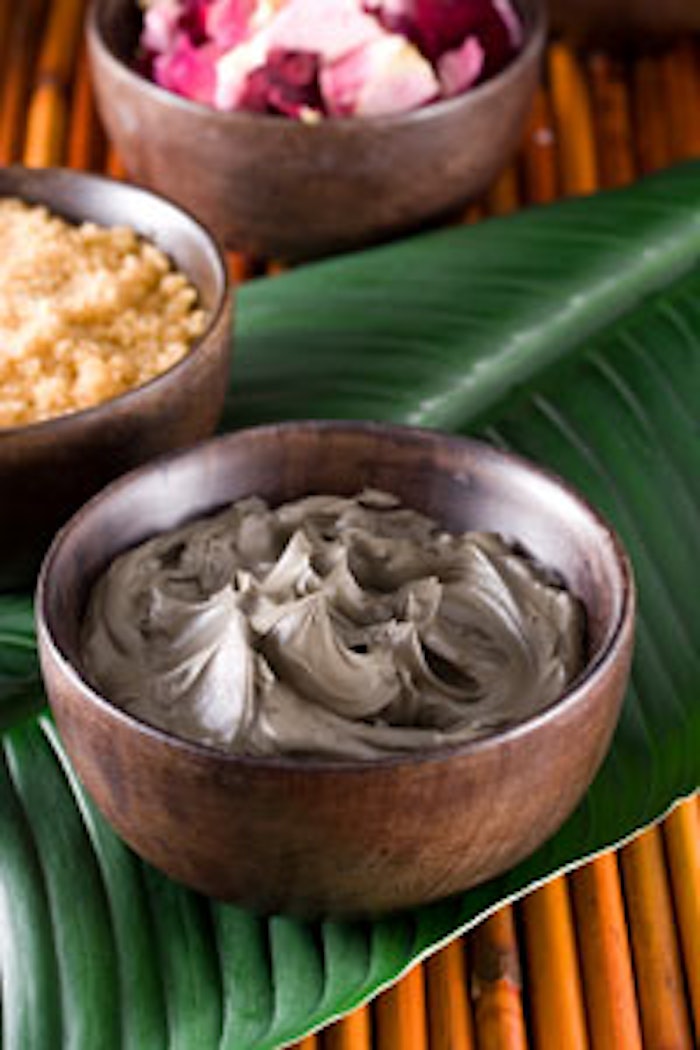
In a meeting of its personal care usage panel, Kantar Worldpanel asked, “Do consumers care about their personal care products being natural/organic?” The research panel company collected the thoughts of both women and men in its look at the natural/organic beauty product marketplace, sharing these thoughts to help bridge some of the gap between natural beauty products and beauty consumers.
When asked if they “prefer personal care products made with natural or organic ingredients,” 32% said yes, with 38% of women ages 13+ agreeing and 25% of men ages 13+ saying yes. However, of this 38% of women who prefer natural/organic ingredients in their personal care products, just 23% said they believed natural products to be more effective. According to Kantar Worldpanel, this suggests “consumers are willing to use natural products even if they don’t think they lead to better results.”
Additionally, age plays a part in the interest level of the consumer who is seeking out natural personal care products. Continually, women continue to be more interested than men at every age, but of those women ages 25-34, 43% said they preferred personal care products with natural organic ingredients, versus 38% at ages 13-17, 39% at ages 18-24, 40% at ages 35-49, 37% at ages 50-64 and 32% at ages 65+. For the men, the least amount of interest came at ages 13-17 (20% preferred personal care with natural/organic ingredients) and 65% (also a 20% preference), while men ages 18-24 and 25-34 both showed 33% had a preference to personal care products with natural/organic ingredients—the top level in men’s interest. These results aren’t surprising, as the older consumers also reported be more skeptical of the efficacy of natural/organic beauty products—28% of women ages 18-24 and 28% of women ages 25-34 were the height for agreeing with the statement “Natural personal care products are more effective than other types of products.”
Another angle on personal care products found by the panel conducted by Kantar Worldpanel found Caucasian consumers are the least concerned about beauty and personal care products being organic/natural, but Asia women are must more interested. Fifty-five percent of Asian women said they prefer personal care products with natural or organic ingredients, compared with 35% of Caucasian women, 42% of Hispanic women and 46% of African American women. For the men, just 21% of Caucasian men said they prefer personal care products made with natural organic ingredients, while 36% of Asian men reported this preference, 31% of Hispanic men did, and 38% of African American men did. Following these statistics, 39% of Asian women reported agreeing that “natural personal care products are more effective than other types of products,” as did 31% of African America men. Only 20% of Caucasian women agreed with this, and just 13% of Caucasian men did. Twenty-six percent of Asian men agreed, while 28% and 22% of Hispanic women and men, respectively, agreed. And 29% of African American women said they agreed with the statement.
And with these stats in mind, Kantar Worldpanel offered the following suggestions on positioning products in the natural/organic beauty and personal care market:
- Natural products don’t need to position themselves as “more effective” to win with consumers—natural is enough. Consumers that are engaged with natural ingredients prefer to use them even if they don’t expect them to be more effective.
- Women are more responsive to natural/organic products, so in communications, natural brands should speak to female consumers.
- Asian women are already engaged with using natural products. To launch a natural product into the market, they would be most likely to use it.
- Caucasian consumers are least interested in products with natural ingredients and are more skeptical about their performance. They would be a tougher target for a product in this market.
